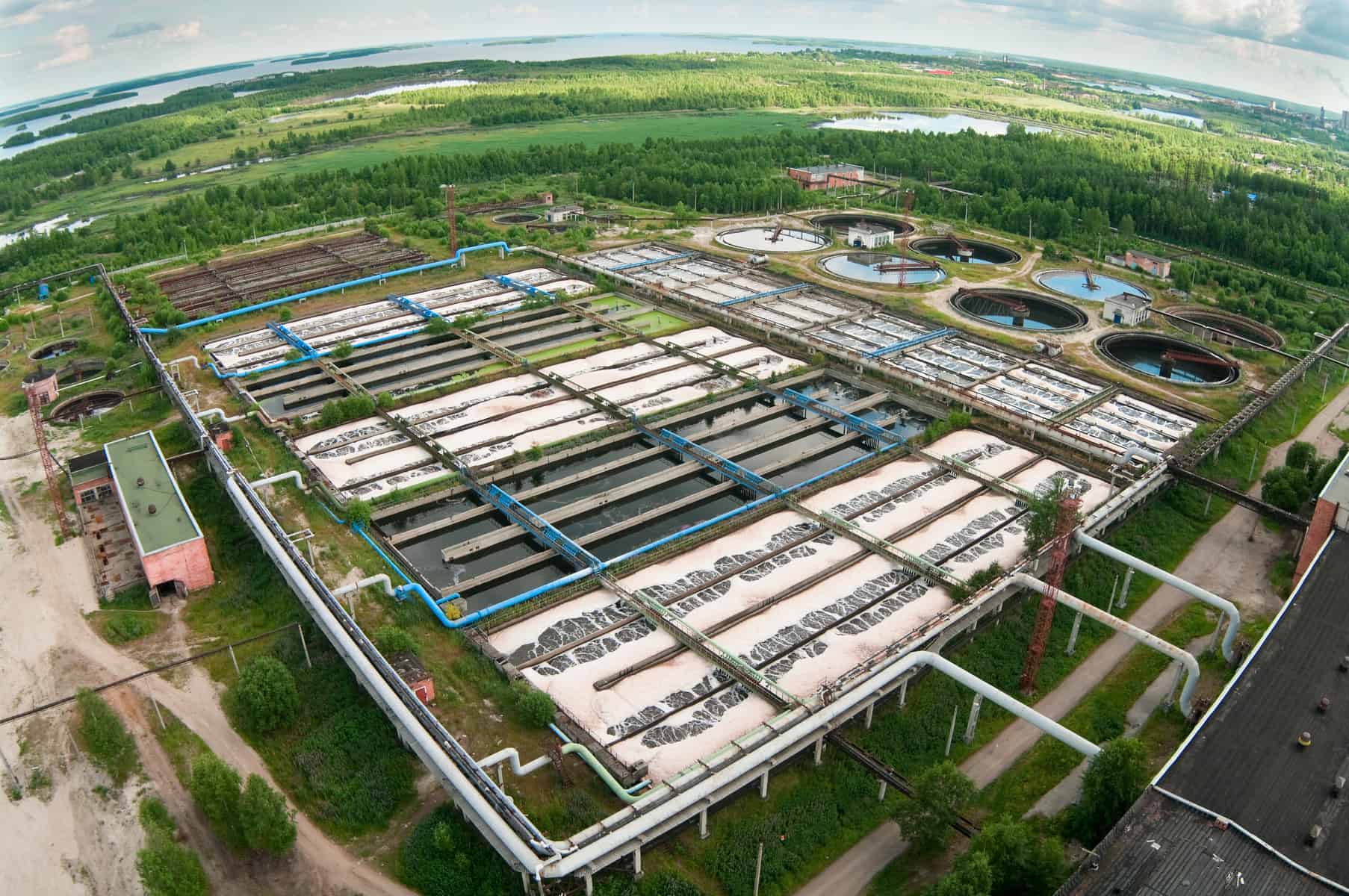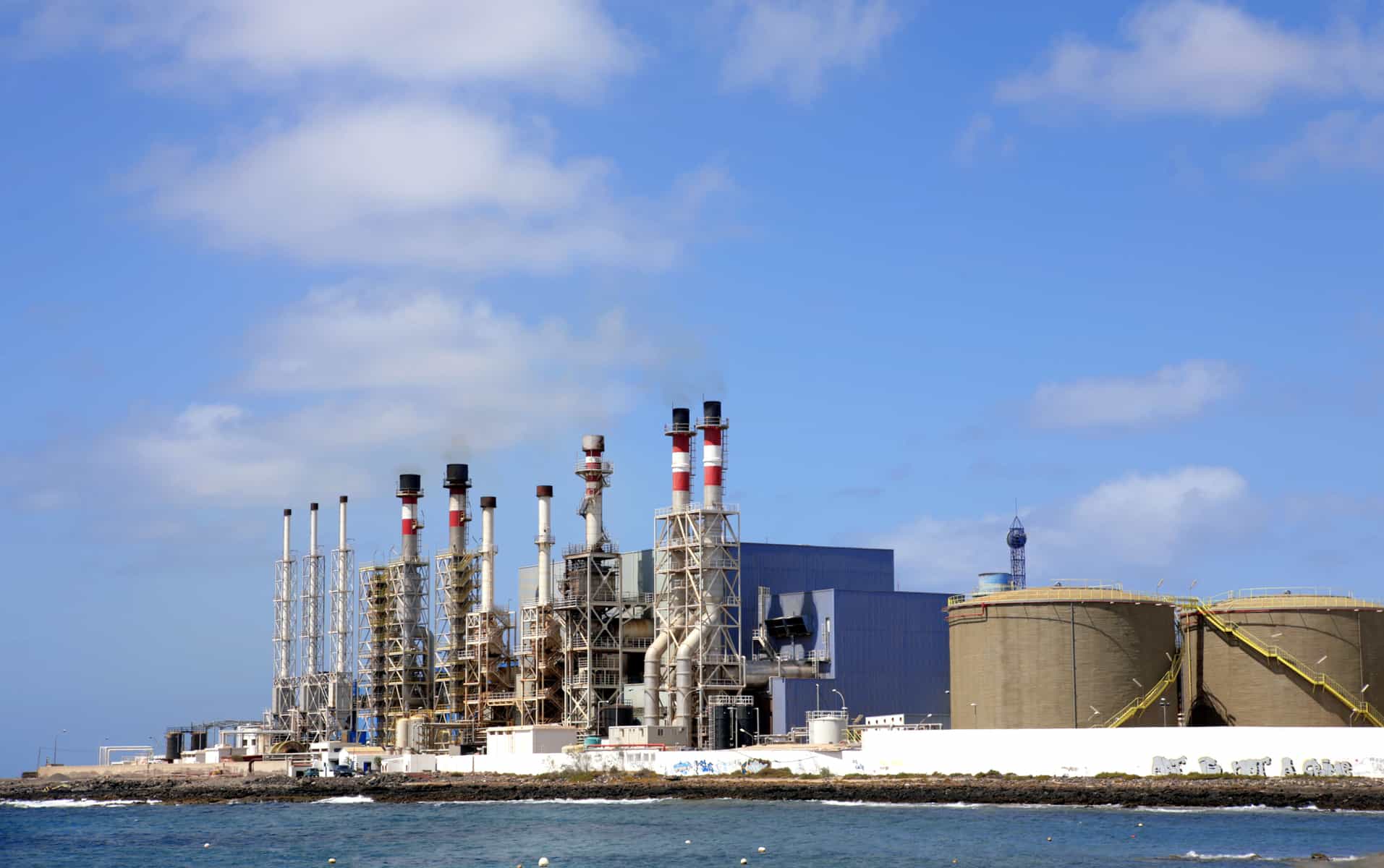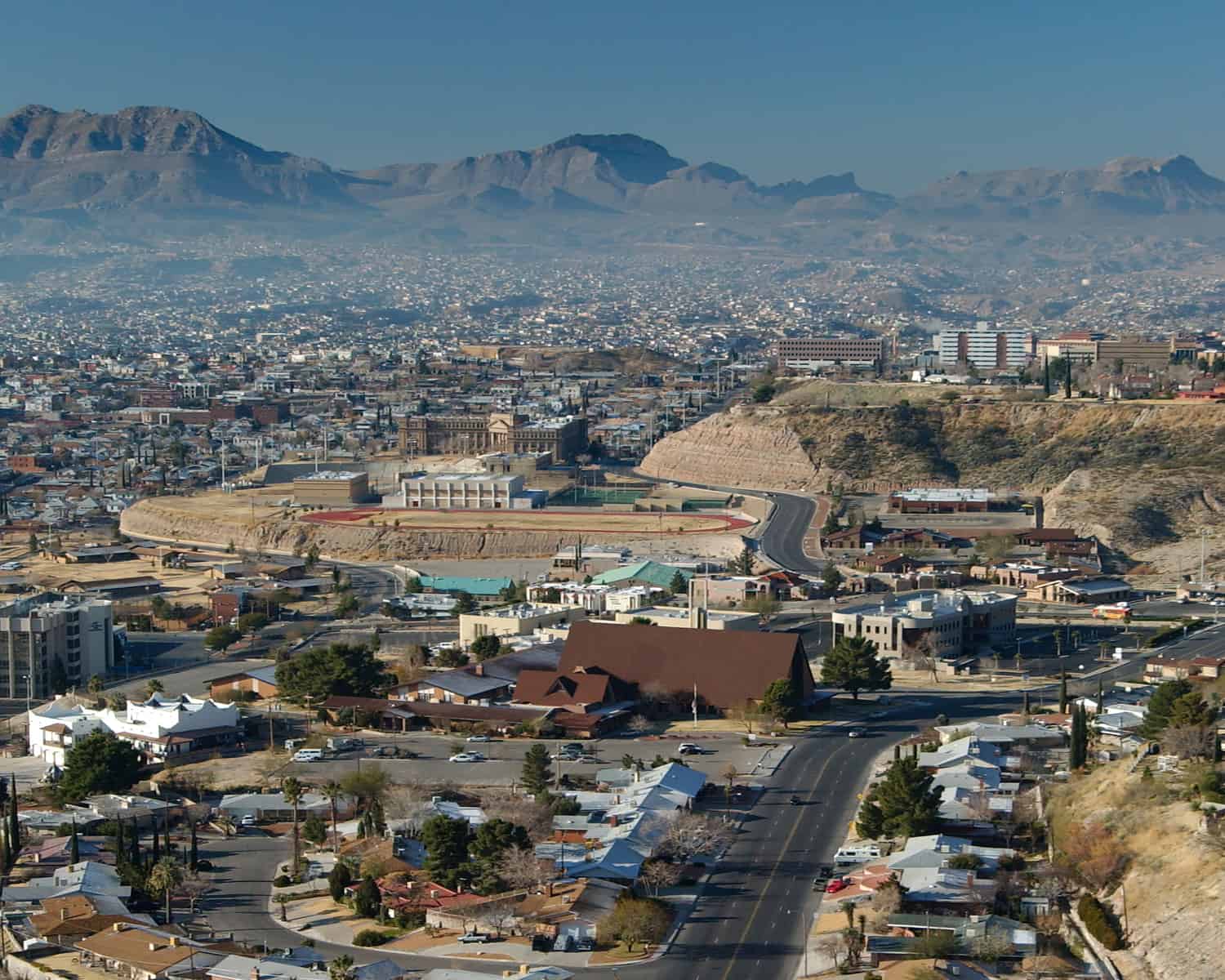The History of Sustainability

The United Nations Brundtland Commission defines sustainability as "meeting the needs of the present without compromising the ability of future generations to meet their own needs." It's a great proposition. Yet, as nice as this sounds, it's an act that is often easier said than done. The irresponsible and unsustainable use of resources like water, fossil fuels, or even precious metals has consistently led to environmental, ethical, and security obstacles. With climate change, contamination, and ecological degradation becoming increasing issues, understanding how to use our natural resources to our advantage without draining them and eventually making them inaccessible to future generations is vital.
Before sustainability
The Industrial Revolution, which began in the late 1700s, kicked off a unique historical period that would redirect the world's future. Having successfully managed to make the most of the energy resources available to them, Great Britain established a new type of economy that propelled consumer culture on a drastically larger scale.
The middle class began to grow. It obtained influence and power, allowing the average person to buy what they wanted and, subsequently, much more than they needed. Consequently, the modern-day consumer was born and thrived in the presence of cheap goods made in large, forever-churning factories.
At the time, this new development proved to be an excellent advancement for the people of Great Britain. Industrialization propelled the economy and allowed the people to become independent from the monarchy, whose authority had previously gone unchallenged. However, the consequences of mass production proved to bring new types of challenges further down the line.
Over time, it became clear that access to energy gave communities a stark advantage. Economic, social, and infrastructural development requires ample resources. Leaders need facilitated access to energy to allow people to participate in activities like going to school or starting a business. Energy, when used correctly, can help poor populations gain increased food security, improved healthcare, safety, and gender equality. These seemingly small steps can make a massive difference in the lives of those in developing countries and are vital for the future prosperity of their communities.
However, development comes at a steep cost. Following the industrial revolution, production, trade, and growth were goals for nations around the globe. But eventually, as waste and contamination accumulated in our waterways and became pungently present in the thick air that settled in our cities, people began to take a step back. Fossil fuel, coal, natural gas, and water shortages became more apparent and continue to offer an eerie threat to our security and modern way of life.
The future of sustainability
As populations grow and third-world countries advance, our demand for water and energy continues to rise. Thankfully, the obstacles presented by excess waste and the overconsumption of natural resources have motivated individuals, organizations, and in some cases, governments to change their perspective and be more responsible.
Creative and innovative solutions are still needed to get things on track and guarantee a prosperous future. Modern movements surrounding everything from sustainable fishing and agricultural practices to sustainable clothing and technology manufacturing are leading the fight for long-lasting resources. With enough time, these efforts could be just what we need to steer the world towards healthier, eco-friendly advancement.
But they can't do it alone. As consumers, it is our responsibility to support these efforts and prove that the demand for sustainable practices is strong and here to stay. So next time you find yourself sitting at your computer shopping online, or walking through the aisles at your local grocery store, be mindful of your purchases and look for sustainable options.
For more information on the world's natural resources and the importance of sustainability, visit Resourcefulness, and Smart Energy Education.


